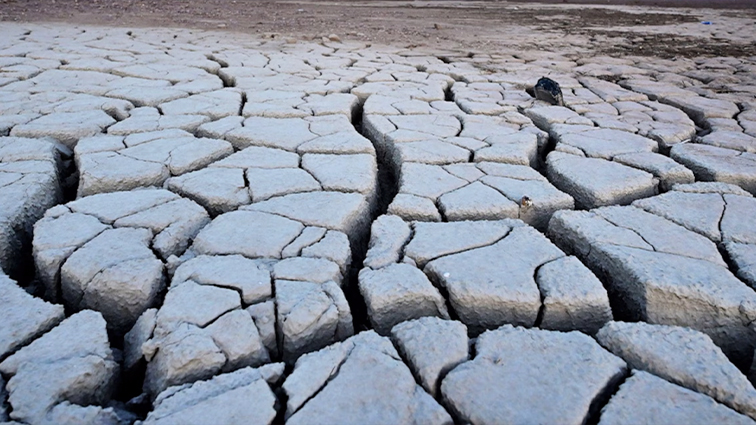Zimbabwe’s president has declared a state of national disaster, after neighboring Zambia and Malawi, due to the most severe drought in decades to hit the region.
Reduced rainfall has reduced production of staple maize and other cereals and contributed to higher food prices that have hurt poor households.
El Niño caused large swathes of southern Africa to suffer the heaviest drought in February in decades this year, according to Bloomberg.
Zimbabwean President Emmerson Mnangagwa said in the capital Harare: “Our nation faces a deficit in food grains.” This deficit will be supplemented by imports, he said, adding that the country will need two billion dollars to mitigate the impact of the drought.
Zimbabwe lost 12 percent of its maize-cultivated land due to the drought, according to the Ministry of Agriculture. The country consumes 2.2 million tonnes of cereals annually, of which 1.8 million tonnes are used for food and 400,000 tonnes for livestock feed.
Mnangagwa said plans to export surplus maize and wheat from past crops to Rwanda and the Democratic Republic of Congo had stalled. This could have been Zimbabwe’s first maize export since 2001.
Neighboring South Africa has warned it may be forced to import maize for the first time since 2017 due to drought.
To finance the budget…Tunisia obtains a syndicated loan of $175 million
